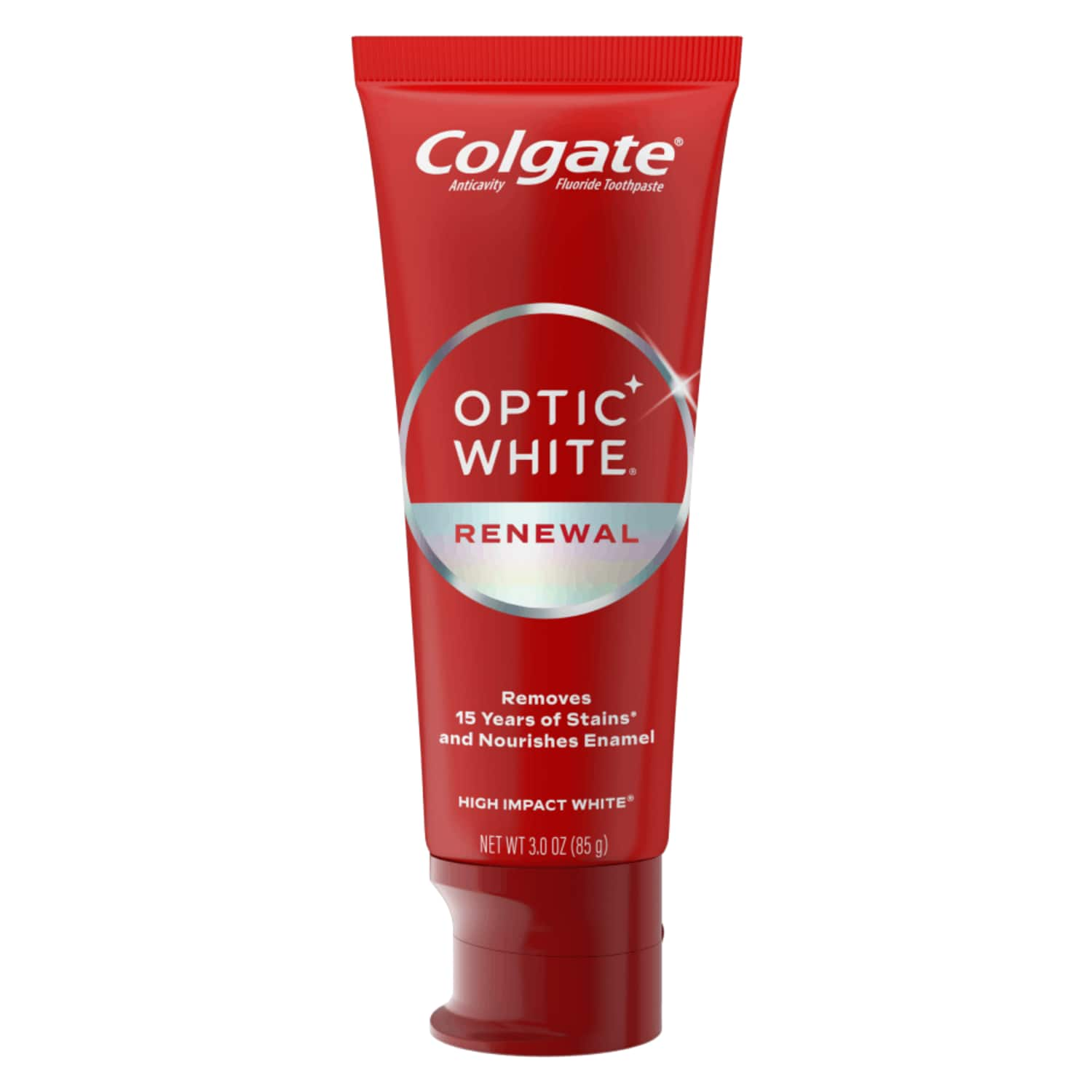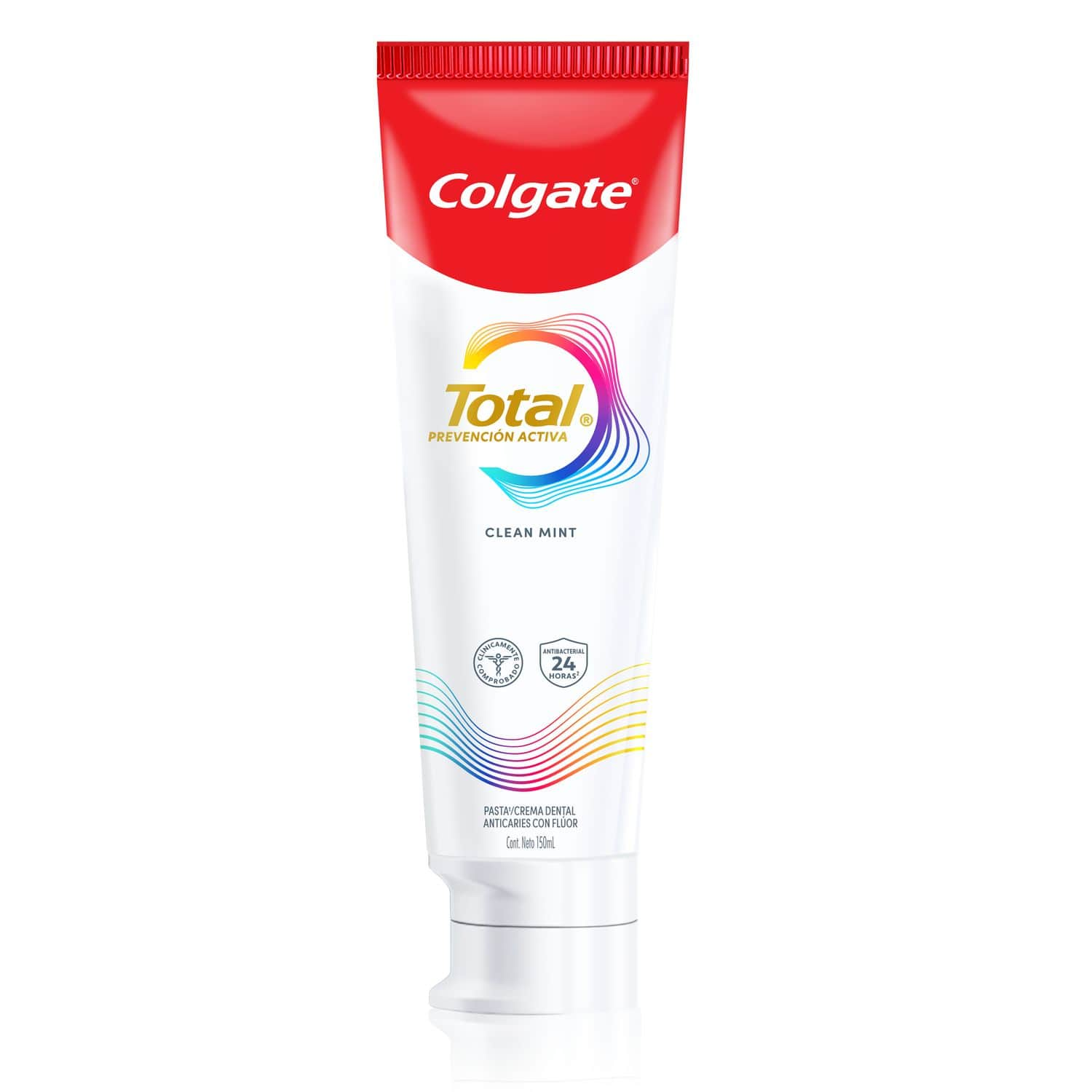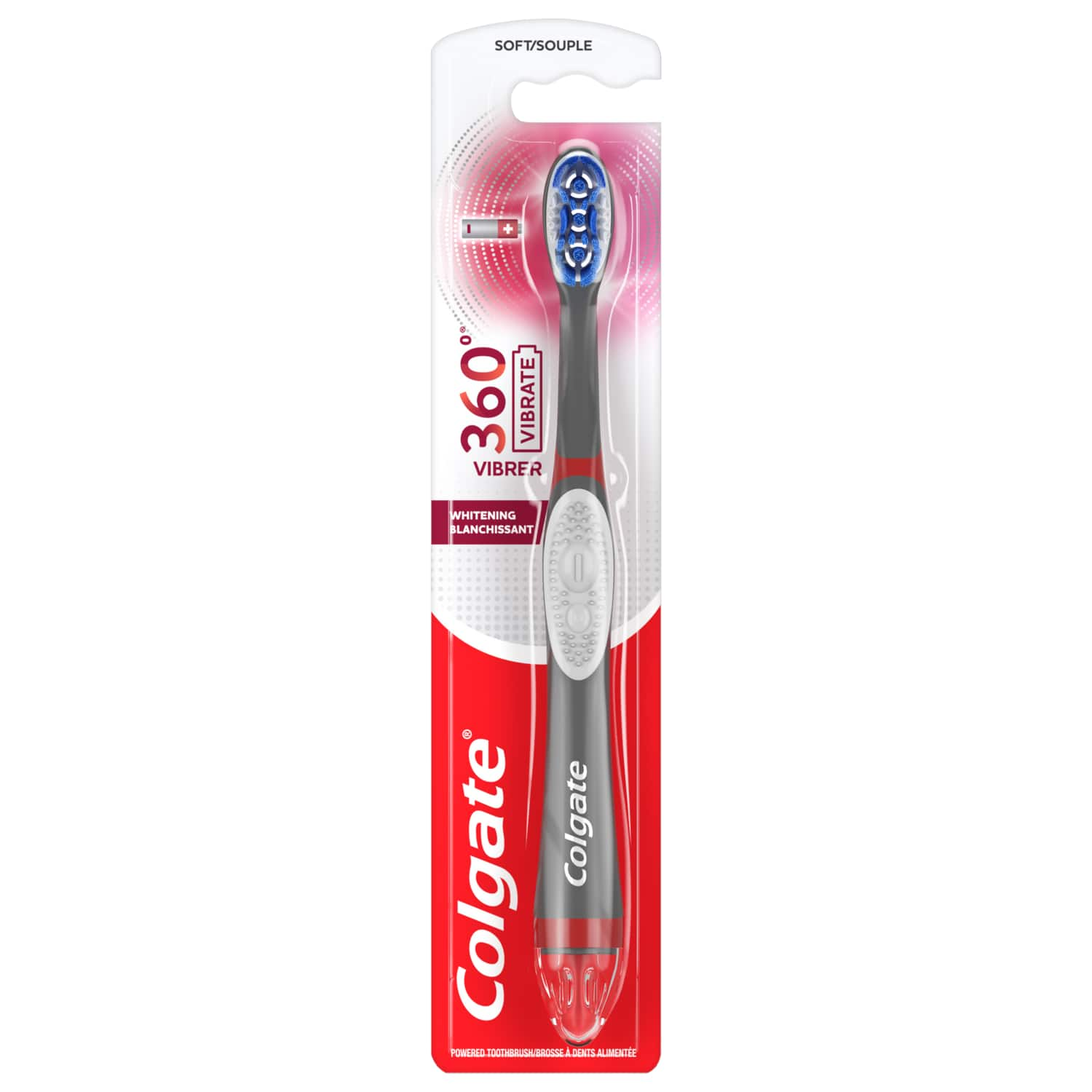All oral health articles
219 results



Bad Breath (Halitosis)
How to Clean Your Tongue to Avoid Bad Breath
You may brush twice a day, but until you learn how to clean your tongue, you may not be able to get rid of bad breath.
Read More
Bad Breath (Halitosis)
Morning Mouth Smell - Prevention & Treatments
The phone alarm sounds each morning waking you from a restful night's slumber. You rub the sleep from your eyes and then you notice it: morning breath.
Read More
Bad Breath (Halitosis)
Halitosis Treatment Options
Halitosis, or bad breath, treatment can be somewhat tricky, unless you figure out what's causing the problem in the first place....
Read More
Bad Breath (Halitosis)
Bad Breath From Stomach Problems? What It Means And How To Fix It
In fact, bad breath from stomach issues can be even more perplexing than typical bad breath, because it's harder to identify, isolate and treat. Learn more about what's causing your bad breath here.
Read More

Bad Breath (Halitosis)
Ammonia Breath And Associated Health Concerns
Bad breath may stem from factors you can control. Ammonia breath, however, may be a sign of a serious health condition. Learn more, here.
Read More
Bad Breath (Halitosis)
Bad Breath From Lungs: Oral Hygiene May Not Be The Cause
Have you ever suffered from bad breath and struggled to find a cause? It could be bad breath from lungs due to respiratory conditions. Find out more, here.
Read More
Bad Breath (Halitosis)
5 Surprising Causes for Bad Breath in Children and What You Can Do About It
A toothbrush doesn't always cure bad breath in children. Here are five other surprising causes to consider.
Read More
Bad Breath (Halitosis)
How To Tell If You Have Bad Breath
Knowing how to tell if you have bad breath can be tricky, because you can't identify it yourself. Nonetheless, there are a few things you can do to improve it if needed.
Read More
Bad Breath (Halitosis)
Dental Probiotics for Bad Breath: A Solution With Impressive Potential
New research shows using probiotics can be used to help bad breath. Learn more about the possibility of using good bacteria to your advantage.
Read More
Bad Breath (Halitosis)
Can A Sinus Infection Cause Bad Breath?
When it comes to a sinus infection, bad breath is often the first side effect as the sinuses drain into the back of your throat. Luckily, it is treatable.
Read More
Bad Breath (Halitosis)
Trouble With Tonsil Stones and Bad Breath
What's the deal with tonsil stones? Bad breath, irritation and a whitish mark at the back of your throat are a few signs that you have a tonsil stone.
Read More
Bad Breath (Halitosis)
Using a Halimeter: How Bad Is Your Breath, Really?
Let's face it: Bad breath, or what your dentist calls halitosis, stinks. Here's how a device called the Halimeter works to measure your breath odour.
Read More
Bad Breath (Halitosis)
What Is Perio Breath? The Connection Between Gum Disease and Halitosis
Everyone gets bad breath sometimes. But occasionally, bad breath can be a symptom of an underlying dental issue. Learn more about perio breath.
Read More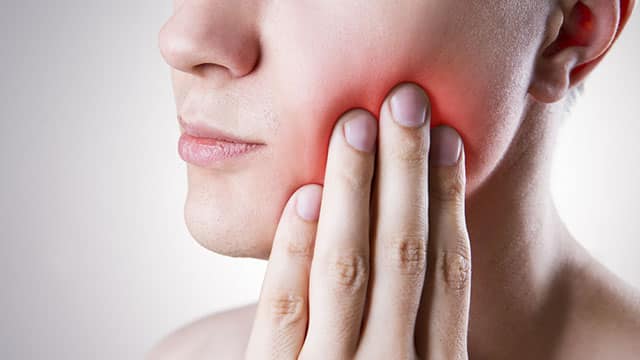
Cavities
What Does A Cavity Feel Like?
Your teeth might feel sensitive and you might feel some pain, especially after eating sweets, hot foods or cold foods. Learn more here.
Read More
Cavities
Do Cavity Fillings Hurt?
Do cavity fillings hurt? They shouldn't, although you can expect some tenderness and soreness during the first few days after you get a tooth filled.
Read More
Cavities
Pit And Fissure Cavity: How To Prevent
Pit and fissure cavity prevention can start right at home. Make sure to brush your teeth twice a day for at least two minutes each session.
Read More
Cavities
What Causes a Cavity on the Front Tooth?
If your child has a cavity on the front tooth or you have one yourself, you may be wondering why it happened and how your dentist might treat it.
Read More


















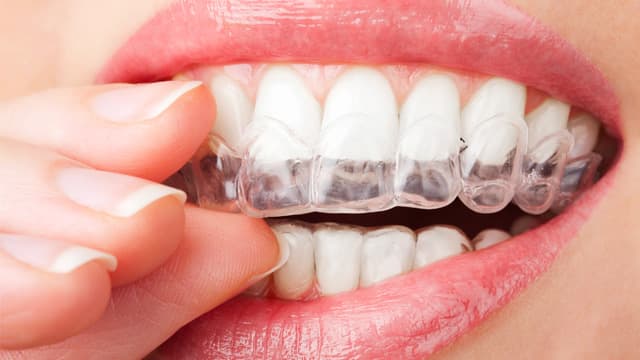
Teeth Whitening
How Custom Whitening Trays Brighten Your Smile
If your teeth aren't as white as you'd like, there are safe and simple ways to improve them. One of them involves custom whitening trays.
Read More
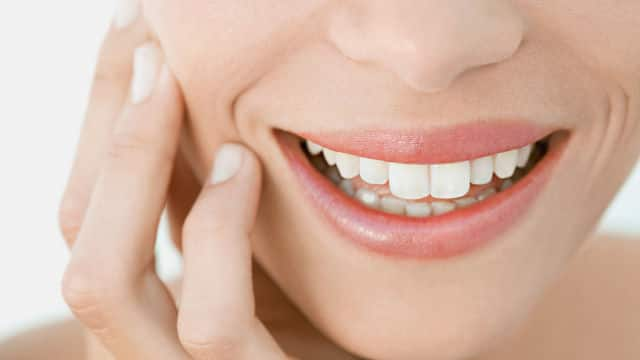


Teeth Whitening
White Stains On Teeth After Whitening Treatments
Teeth whitening doesn't exactly cause white tooth stains, but if your teeth already have white stains caused by hypocalcification, then tooth whitening could make them more visible.
Read More
Teeth Whitening
Whitening Bonded Teeth: Perfect Your Smile
Restorations don't require a great deal of special care, but when it comes to whitening bonded teeth, there are a few things you should keep in mind.
Read More
Teeth Whitening
What Are the Benefits of Turmeric for Your Teeth?
Does turmeric for teeth whitening actually work? Read on to learn more about turmeric, if it whitens teeth and if there are other oral health benefits.
Read More
Teeth Whitening
Is a Teeth Whitening Light Effective?
Looking for a way to brighten your smile with teeth whitening? Learn more about both UV and blue light teeth whitening to decide which is the best option for you.
Read More
Teeth Whitening
Whitening Toothpaste - Hydrogen Peroxide vs. Carbamide Peroxide
Hydrogen peroxide toothpaste is a great way to whiten your teeth. Can you benefit from it? Here are four things people often wonder.
Read More
Teeth Whitening
Is UV Teeth Whitening Safe?
Is UV teeth whitening safe to do yourself at home? Find out more about UV teeth whitening including safety information and alternatives.
Read More
Teeth Whitening
How to Safely Use a Tooth Whitening Gel at Home
With the guidance of your dentist, you can safely and effectively brighten your smile at home using a tooth whitening gel. Over-the-counter gels or a gel...
Read More
Teeth Whitening
Burned Gums from Teeth Whitening: What You Need to Know
If you've been whitening your teeth at home, you could have burned your gums from teeth whitening. Find out more about it here.
Read More
Teeth Whitening
Does Coconut Oil Whiten Your Teeth?
Does Coconut Oil Whiten Teeth? Instead of heading to a specialty food store, you should probably visit the toothpaste aisle instead. Here's why.
Read More
Teeth Whitening
Does Tea Stain Your Teeth?
We know that coffee can stain those pearly whites, but does tea stain teeth? The answer is yes. In fact, tea might stain your teeth even more than coffee… Read more at Colgate.com
Read More
Teeth Whitening
Is LED Teeth Whitening Right For You? | Colgate®
LED teeth whitening is a popular option for achieving a brighter smile. The process is minimally invasive and can offer great results, but is it the best at-home treatment for you?
Read More

Teeth Whitening
What Causes Green Tooth and Other Tooth Discolouration?
Tooth discolouration like a green tooth can occur under many circumstances. These stains may be extrinsic or intrinsic.
Read More
Teeth Whitening
Whitening Toothpaste 101: The Basics of Daily Whitening
Before you pick up a toothpaste that promises to whiten your teeth, make sure you understand the hows and whys so you can pick out the right product.
Read More






Tooth Extraction
Found a Bone Spur in Gum Tissue? Here’s What To Do
Feeling a bone fragment in your gums? You may have a bone spur in your gum tissue, but the condition is common and treatable with a visit to your dentist.
Read More

Dental Product Guidance
Teeth Whitening Pens 101
If you're looking for a quick touch-up to your smile, a teeth whitening pen might be just the thing. Here's how it works and how to use it.
Read More











Mouth Sores and Infections
White Gums: Causes And Symptoms
People know tooth pain or bleeding gums are reasons to seek dental care. But what if your gums are white?But what if your gums are white? Read on to learn what it means and what you should do if you have white gums.
Read More
Dental Health Threats
Dental Grills — The New Trend Affecting Dentistry And The Health Of Your Teeth
Read More

Dental Health Threats
The Many Causes of Loose Teeth
As children, wiggly, loose teeth meant that we would soon be richer, thanks to the tooth fairy. As adults, we want to keep our teeth for a lifetime.
Read More
Dental Health Threats
What Causes Tongue Bumps?
Most tongue bumps are harmless and disappear without any treatment. See a medical professional if you have a bump on your tongue that doesn't go away.
Read More












Oral Care: Adults (18+)
Hydrogen Peroxide and Oral Care Benefits
Hydrogen peroxide is a whitening agent, but it can also help kill bacteria that damage your gums. Learn how Hydrogen Peroxide helps to attain healthier gums.
Read MoreOral Care: Adults (18+)
Bumps on the Back of the Tongue: Normal or Abnormal?
Bumps on the back of the tongue can occur due to sores and infections among other conditions. Consult your dentist if you notice abnormal bumps.
Read MoreOral Care: Adults (18+)
Cheek Biting: What You Need to Know
There are a few reasons why people bite their cheeks and other areas inside the mouth, including the tongue and inside of the lips. Learn more about cheek biting here and how to stop it.
Read MoreOral Care: Adults (18+)
Coated Tongue: Symptoms, Causes and Treatment
A coated tongue may be harmless. Learn what might be the cause and when you should see your dentist for an evaluation, here.
Read MoreOral Care: Adults (18+)
Excessive Saliva (Ptyalism): What It Could Mean (and What to Do About It)
Excessive saliva could be a clue about the state of your overall health. Are there ways you can deal with this condition? Find out more here.
Read MoreOral Care: Adults (18+)
What a Lump on the Jawline Could Indicate
Swelling of the mouth or a lump on the jawline can indicate many different conditions and have many different symptoms. Why wait? Learn more now.
Read MoreOral Care: Adults (18+)
What a Tooth Sensitive to Pressure Means for Mouth Health
It's no fun when teeth can't handle cold temperatures, but when you have a tooth sensitive to pressure, there could be more structural issues at play.
Read MoreOral Care: Adults (18+)
What Causes a Swollen Gum Around One Tooth?
It's common to suddenly spot something you didn't notice before. How, for example, could a swollen gum around one tooth form? Here are three explanations.
Read More


Plaque & Tartar
Tartar Deposits on Teeth: Treatment and Prevention
Calcium buildup on teeth can often be prevented by regular brushing, but you'll need the help of your dentist to remove it if it decides to stick around.
Read More
Plaque & Tartar
Black Tartar On Teeth
Black tartar on teeth forms below the gum line and causes many dental issues. Though it isn't difficult to treat, only dentists can remove it.
Read More






Digestive (Gastrointestinal) Disorders
Celiac Mouth Sores: How To Recognize And Manage Them
Read More










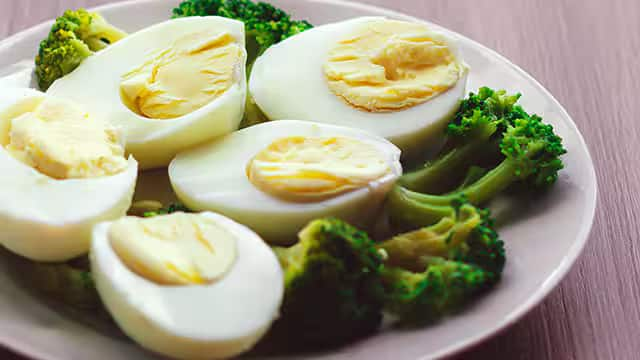
Nutrition & Oral Health
5 Essential Vitamins for Teeth and Gum Health
Proper nutrition is beneficial for your whole body, including your teeth and gums. By ingesting the right vitamins through food or supplements, you can help protect your oral health.
Read More








Brushing & Flossing
3 Possible Causes of Tooth Pain After Brushing
Do you have pain after cleaning your teeth? Pain from brushing and flossing may be a sign that there is something wrong with your oral health or with.
Read More
Gum Disease (Gingivitis)
What Are Periodontal Pockets?
Gum disease is an infection of the gums that can progress to affect the bone that supports your teeth. Find out the causes of gum disease and how to prevent it.
Read More






Gum Disease (Gingivitis)
4 Questions You Might Ask About Chlorhexidine Gluconate Mouthrinse
Chlorhexidine gluconate is used to treat gingivitis, another name for mild gum disease. Learn more about the benefits of using this mouthwash here.
Read More
Gum Disease (Gingivitis)
5 Causes Of Bleeding Gums You Should Know
Noticing that your gums bleed when you brush or floss can be alarming. What are the possible causes of bleeding gums? Click here to learn more about tooth infections.
Read More
Gum Disease (Gingivitis)
Five Things You Can Do If Your Gums Are Bleeding
Changing your oral care routine can also make your gums bleed, at least at first. Here's what you can do if you do notice some bleeding.
Read More
Gum Disease (Gingivitis)
Can Receding Gums Grow Back?
Gum recession happens for a number of reasons, from brushing your teeth with too much pressure to grinding your teeth. Learn more about what causes gums to recede and how to treat it here.
Read More
Gum Disease (Gingivitis)
What To Do About Gum Swelling
Swollen gums are a common problem, and can have a number of different causes. Learn more about what to do if you are experiencing gum swelling here.
Read More
Gum Disease (Gingivitis)
How to Treat Gingivitis
Gingivitis causes irritation in the gums. Learn about gingivitis home remedy cures to alleviate the pain or prevent the problem entirely.
Read More
Gum Disease (Gingivitis)
4 Simple Causes of Irritated Gums
Gum irritation has many possible causes, but some of them come out of a personal habit you may not be paying attention to. Here are a few you should know.
Read More
Gum Disease (Gingivitis)
Gingival Hyperplasia: What Is It and How Is It Treated?
Gingival hyperplasia is an enlargement or overgrowth of the gum tissue. Learn the facts about gingival hyperplasia, what causes it, and how it is treated.
Read More
Gum Disease (Gingivitis)
Gum Graft Pain: What To Expect & How To Relieve Pain | Colgate®
Usually gum grafts are done by a periodontist, which is a dentist who treats conditions of the gums and the bone that supports them.
Read More
Gum Disease (Gingivitis)
How Laser Periodontal Therapy Treats Gum Disease
Gum disease is an infection of the gums that can progress to affect the bone that supports your teeth. Find out the causes of gum disease and how to prevent it.
Read More
Gum Disease (Gingivitis)
Successful Treatments For Periodontal Disease
Today, with so many successful treatment options available for advanced periodontal disease, losing teeth doesn't have to be your next step.
Read More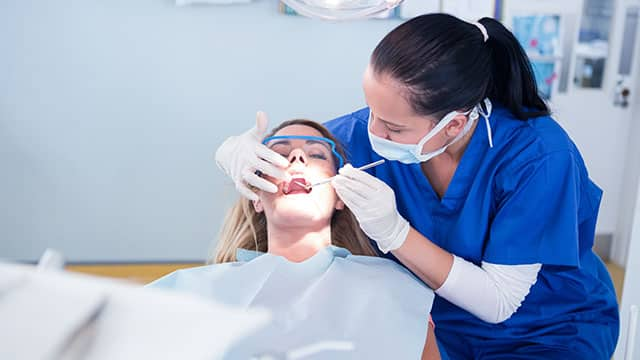
Gum Disease (Gingivitis)
What Dental Hygienists Do When Root Planing And Scaling Teeth | Colgate®
Scaling and root planing is a routine, non-surgical procedure done to treat periodontal (gum) disease.
Read More
Gum Disease (Gingivitis)
What Is Trench Mouth?
One of the most serious and painful types of gum disease is called trench mouth. The name dates back to World War I. Find out more about trench mouth here.
Read More
Gum Disease (Gingivitis)
Why Do You Have Itchy Gums?
The most likely reason for your itchy gums is plaque. Check in with your dentist so they can properly examine your gums and teeth.
Read More






Tooth Sensitivity
Are Your Teeth Sensitive To Sugar?
Learn more about teeth sensitivity. Find out how teeth sensitivity is caused, and how you can not only treat sensitivity, but prevent it in the future. Find out more, today!
Read More
Tooth Sensitivity
Is Sparkling Water Bad For Your Teeth?
Is sparkling water bad for your teeth? Here's what you need to know about the popular beverage.
Read More
Tooth Sensitivity
What Causes Tooth Sensitivity & How to Treat It
Approximately 40 million adults in the United States experience tooth sensitivity. So what causes sensitive teeth? Any number of dental problems. Find your answers here.
Read More
Tooth Sensitivity
Preventing and Treating Exposed Dentin
Exposed dentin can be annoying and painful, but there are many ways to prevent enamel erosion and treat the related tooth sensitivity. Find out more, with Colgate®.
Read More
Tooth Sensitivity
Why Are My Teeth Sensitive After A Dental Cleaning?
If you experience sensitive teeth after cleaning treatment, and it continues longer than normal, your dentist can offer the following help and advice.
Read More
Tooth Sensitivity
Sensitive Gums? Here Are Three Surprising Causes
Gum disease is typically to blame for sensitive gums, but there may be another issue hiding right under your nose. Here are a few causes of sensitive gums.
Read More
Tooth Sensitivity
Potential Causes of Toothaches: It’s Not Always a Cavity
No matter how conscientious you are about your oral care routine, at some point in your life you will probably experience toothaches.
Read More
Tooth Sensitivity
Tooth Sensitive To Hot Or Cold? What It Means And How To Help
An unpleasant, painful, disruption to your morning routine - a tooth sensitive to hot food or drink can be more than a minor inconvenience.
Read More
Tooth Sensitivity
Managing Sensitive Teeth After Whitening
Tooth whitening is a great option for the removal of surface stains and discoloration. However, many people experience sensitive teeth after whitening.
Read More
Tooth Sensitivity
Exposed Tooth Root: Causes And Symptoms
An exposed tooth root may be the cause of your tooth pain. Learn more about the causes, symptoms and treatment of an exposed tooth root here.
Read More
Tooth Sensitivity
How Does Mouthwash For Sensitive Teeth Work?
Regular rinsing with mouthwash for sensitive teeth can actually bring relief to many who suffer from tooth sensitivity. Here's how it kills the pain.
Read More




.jpeg)
Oral Care: Babies (0-4)
When Should Babies Stop Using Bottles?
When should babies stop using bottles? Here are some signs that indicate that they're ready for a cup, as well as tips on how to transition successfully.
Read More
Oral Care: Babies (0-4)
Will My Baby Develop Pacifier Teeth?
Many parents are concerned that pacifiers can cause dental problems. With proper use, however, your baby can find comfort in it without pacifier teeth.
Read More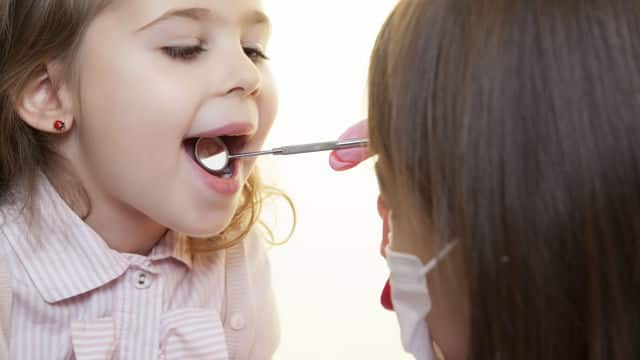

















Diabetes & Other Endocrine Disorders
Prevent Diabetes Problems, Keep Your Teeth And Gums Healthy
Read More



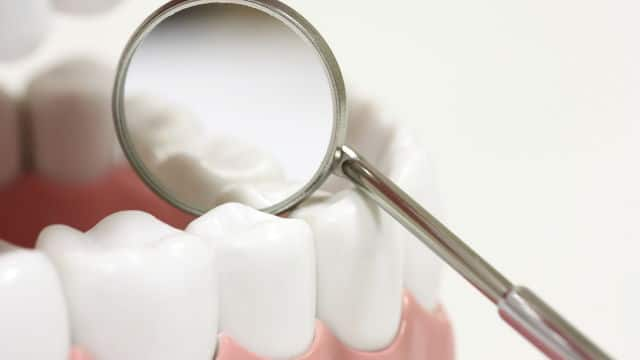

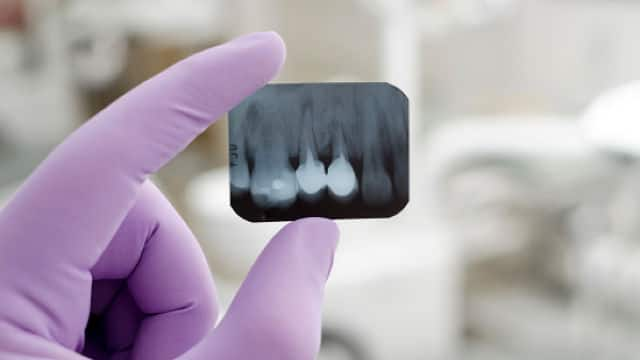
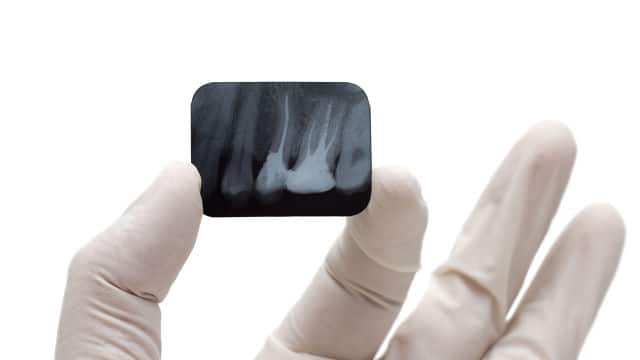





Cancer
What is Lip Cancer? Causes, Signs and Symptoms
Lip cancer doesn't get as much attention as other types of oral cancer, but it's not an uncommon condition. See the warning signs of lip cancer, here.
Read More








Oral Health Quiz
What's behind your smile?
Take our Oral Health assessment to get the most from your oral care routine.
Oral Health Quiz
What's behind your smile?
Take our Oral Health assessment to get the most from your oral care routine.
